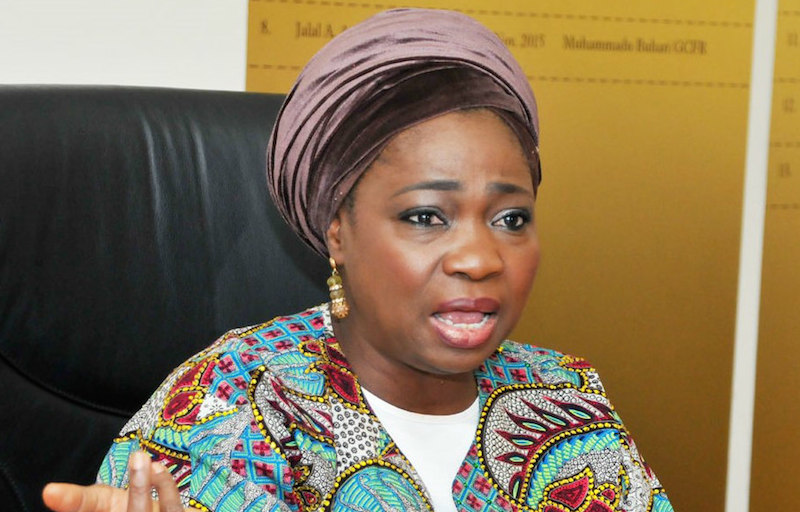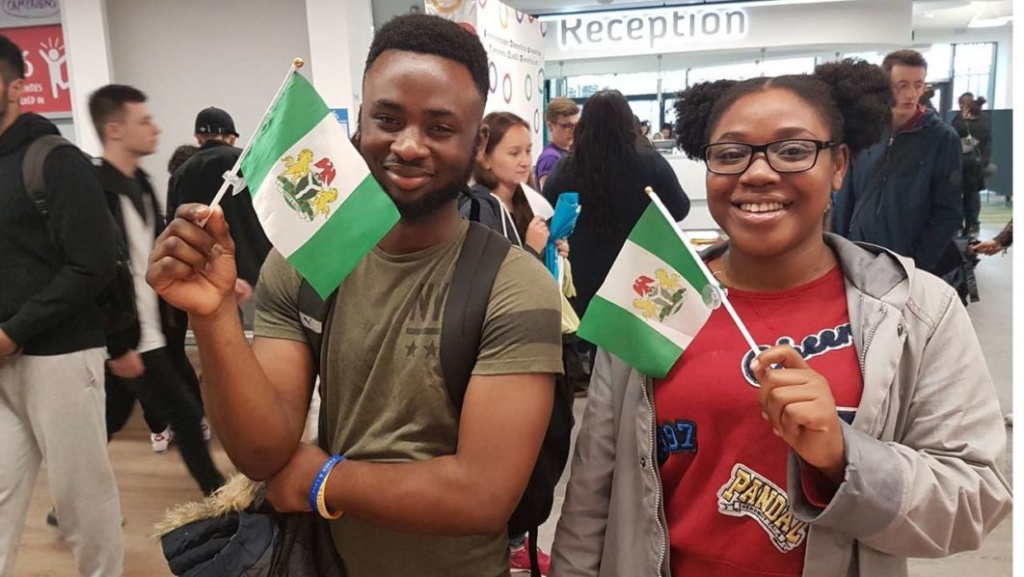
By Olakunle Agboola – Tayo has been a great friend since primary school. He is a lecturer at the University of Ibadan as is popularly called Dr. Tayo. A great academic prowess and in a few years, he is most likely to become a professor. I had just gone through a busy day resting on the sofa in the living room when my phone rang. I picked it up and it was Tayo who called on WhatsApp to let me know that he had successfully relocated to the UK with his family.
He had waited for the Academic Staff Union of Universities (ASUU) to end the strike or reach a reasonable conclusion with the Federal Government, which seems impossible. Tayo has not been paid for several months and he is beginning to fall sick of his predicaments when he left for the United Kingdom.
Dr. Tayo is one of many academicians who have relocated to the UK this year due to an unending agreement between the Federal Government of Nigeria and the Academic Staff Union of the Nigerian University. Not only that, there has been an increasing rise of Nigerian students finding their way to study abroad and this is nothing more than the ASUU strike which has become a national challenge. Nevertheless, the increase in the population of Nigerians in the UK has continued to generate public attention.
It was reported that the UK had issued 486,868 Sponsor study visas by the end of June 2022. Out of the 486,868 Sponsored study visas granted, Nigerian students were granted 65,929 visas which are 57,545 higher than visas issued in the year ending 2019 (8,384), nearly an eight-fold increase (686%) – this is the largest relative increase in Sponsored Study visa grants to any national compared with 2019. In the year ending 2021, the UK granted 36,783, which say an increase of 29,146 visas in 2022, a 79% increase in the space of just one year.
The increase in the population of Nigerians in the United Kingdom has continued to generate a lot of comments via social media space but could the migration of Nigerians to the United Kingdom be a windfall or a huge disadvantage to their economy?
After Brexit, The UK started looking more to the commonwealth and other countries outside the European Union to fill its skills shortage. The flexibility in study visa, the introduction of post-study work visa, and giving access to skilled workers and other visas towards settlement has made the UK popular among international students and Nigerian students have seized this opportunity. Nigeria in the priority list of visas in the UK Government’s new and updated education strategy. UK Government is also looking forward to establishing a trade alliance with Nigeria, the nation is in line for a deeper bilateral education agreement led by the Department for International Trade.
In a deeper revelation the UK Home Secretary, Suella Braverman, recently said, “the government is to consider tightening the rules on dependants”.
This was after Home Office immigration figures showed an inconsistency across different nationalities coming to the UK to work and study.
Analysis from the Home Office report shows that Nigerians accounted for 40% of all dependants who accompanied foreign students in the 12 months to June 2022 – despite Nigerian students making up just 7% of all foreign students in that period.
34,000 Nigerians were given study visas in the UK, bringing with them a total of 31,898 dependants. A similar ratio was recorded for work visas, with 8,972 Nigerians issued with one in the 12 months to June bringing with them 8,576 dependants.
By comparison, the figures show that 93,049 Indian students who came to the UK last year brought with them 24,916 dependants, while 114,837 Chinese students came to Britain with 401 dependants. According to the home office, “This is the highest on record in our time series, with the substantial increase representing both a recovery from lower numbers during the Covid-19 pandemic but also an increase in the pre-pandemic period.”
Looking on the other side of the divide, one might ask if the rise of migration from Nigeria abroad potent well for the Nigerian economy when for obvious reasons that 90 percent of those who have traveled with working or students visa are most likely not to come back to contribute to the Nigeria Economy.
Tunde Bajowa, a Nigerian social commentator thinks that there is a massive brain drain going on in Nigeria with a skills gap across all the sectors due to the high rate of emigration from Nigeria abroad.
“There’s no doubt that the current ‘Japa’ trend is leaving a huge skill gap in most organizations and this is sad. Great talents have continued to emigrate from the country as companies are losing a lot of their best hands that take with them years of training and skills to foreign countries. This leaves a gap in many organizations which subsequently has to be filled by newer talents that may not necessarily be as experienced as those who have left these organizations. In other words, organizations have to repeatedly invest in the retraining of staff”
Pius Omole, a writer and a British Nigerian living in the United Kingdom is worried about the high rate of emigration of skilled workers from Nigeria to the UK, which he feels does not potent well for the Nigerian economy.
“There is no doubt that emigration has stunted the growth of some key industries in Nigeria. Imagine a health sector where the best doctors have emigrated, a tech sector where the best techies are expressing their talents in Europe and America, and an academic system where the best academics have taken their knowledge abroad. Imagine this scenario for every other sector of the economy.
Recently, the Chairman of the Nigeria Diaspora Commission (NIDCOM), Abike Dabiri-Erewa estimated that there are about 15 million Nigerians in the diaspora. If we assume that half of the number are of employment age and are currently working, that would mean Nigeria is losing potential tax payments by 7.5 million people who could have contributed to its economy. This is the time I think our government should wake up and do all to fix the country ”.
Rightly said, the government will have to wake up and be responsible by making Nigeria what it ought to be. Political leaders will have to put the nation first above all things while they allow servitude leadership to prevail. Not only that, the focus must be on how to create a better structure that will promote sustainable systems for the nation to prosper.
Kindly follow us on twitter:@AfricanVoice2













